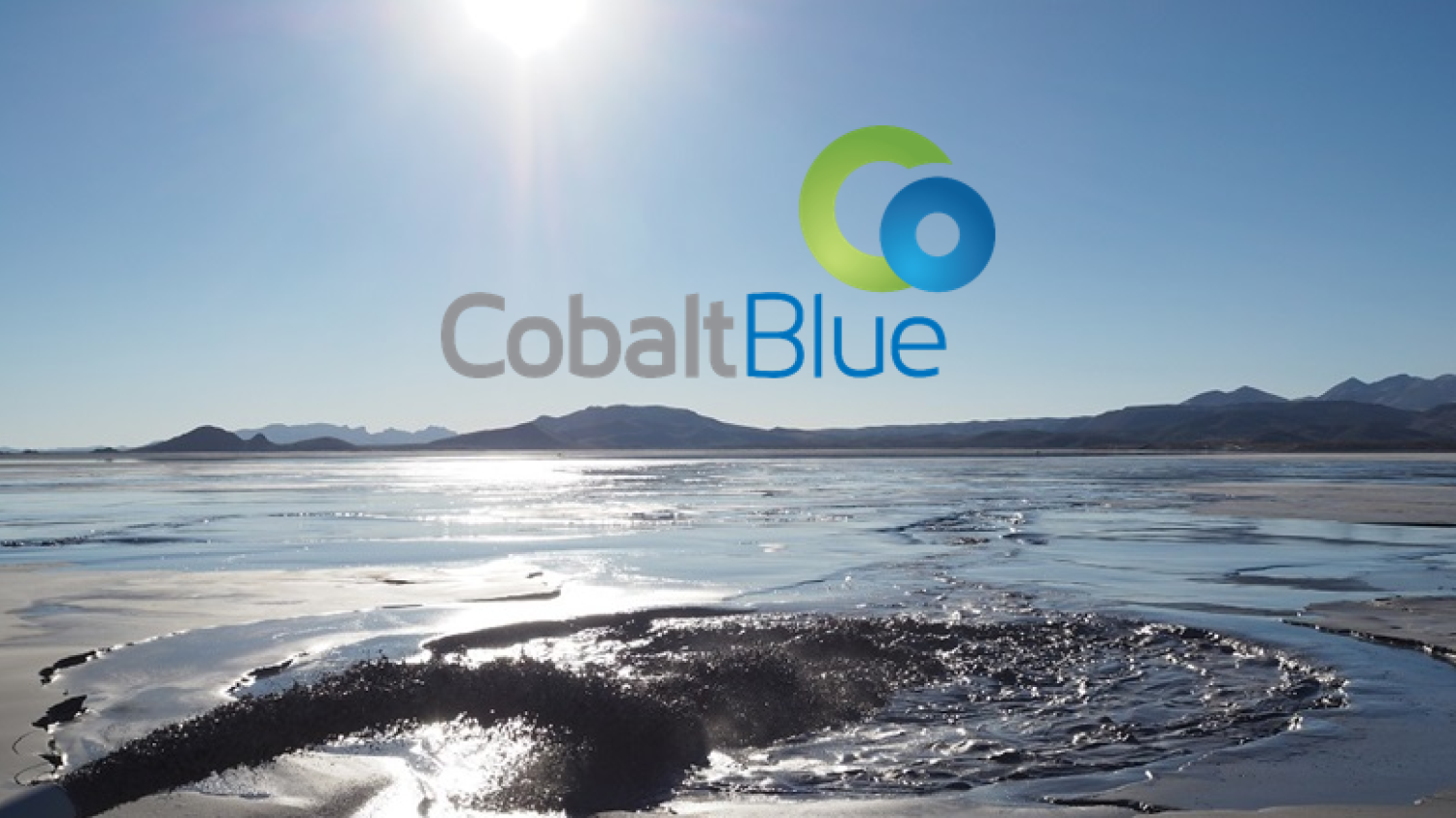Held in Brisbane (May 29-30, 2024) the Australian Critical Minerals Conference brought together key players to explore the practical realities of the sector as it stands now and into the future. We followed up with Helen after the conference to discuss some of the points she covered during the panel Q&A. Her comments follow:
Leveraging Australia's Research and Development (R&D) Strengths:
Australia has a remarkable competitive edge and world-class ecosystem associated with critical minerals R&D and I’m optimistic about its future. There are robust partnerships between industry, academia, and government-funded institutions, including the CSIRO and geological surveys at state and federal government level. Significantly, our established Cooperative Research Centres (CRCs) and the Resources Centre of Excellence (located in Mackay, Qld) provide ample opportunity to position Australia for substantial growth.
Formalising Environmental, Social, and Governance (ESG) Credentials for a Global Market
Australia has well-established ESG practices and I endorse the opportunity for these to be formalised to create a ‘Made In Australia’ national accreditation system. Such accreditation would further enhance our global reputation and assist in pre-qualifying supply of Australian critical minerals to meet international standards. There is a framework internationally, known as ‘metal’ or ‘battery passports’ and these accreditations require comprehensive documentation to track the entire lifecycle of metals, so there is transparency about origin, environmental impact, and social implications. A ‘Made In Australia’ regulatory framework could align us with these ’passports’ and other relevant international compliance systems to streamline our entry into the market and reinforce our leadership as, a nation, in responsible mining practices.
Investing in Infrastructure
There are distinctive challenges facing critical mineral extraction and processing in Australia, and this presents a strong case for increasing government investment in infrastructure to get critical minerals projects ‘off the ground’. Against more traditional commodities - like gold, copper, and coal - critical minerals are really new-comers to the market. Large scale demand has only risen on the back of technology over recent decades and critical minerals mostly occur as ‘co-products’ or ‘by-products’ of other better understood resources. While finding critical minerals is not a challenge, extracting them efficiently, cost effectively, and sustainably is the real hurdle. We also don't have thousands of years of metallurgical and processing experience with these commodities in the same way we do with the more traditional resources. Relying entirely on investment from banks and the private sector presents huge challenges in getting these projects ‘up and running’. This creates a strong case for increasing government investment in infrastructure to support the development of these projects beyond the R&D and lab scale.
Broken Hill Cobalt Project (BHCP) : Model of government support
The Australian Government awarded Cobalt Blue $15m through the Critical Minerals Accelerator Initiative Grant. This enables enhanced test-work in Broken Hill to optimise our mineral and metal extraction technology, paving the way for plans to build Australia’s first cobalt-nickel refinery in Western Australia.

Dr. Helen Degeling is the Project Acquisition Manager for Cobalt Blue and a prominent Australian expert in critical minerals. She leads Cobalt Blue’s ‘Re-Mine Plus’: a project aiming to apply Cobalt Blue technology to unearth positive economic, environmental, and social outcomes from mine waste.
